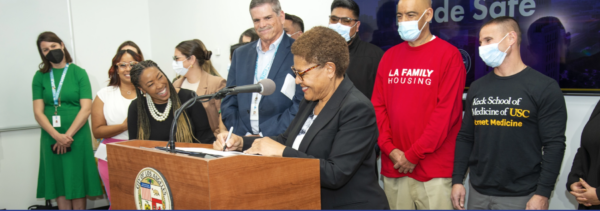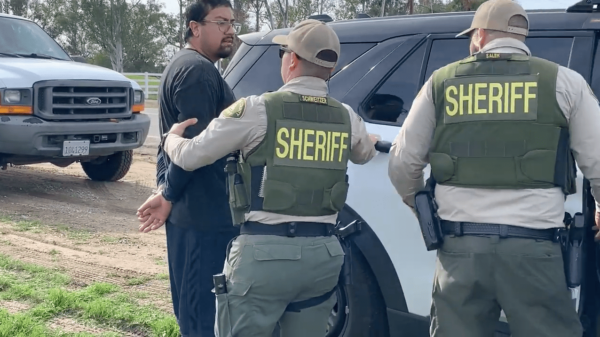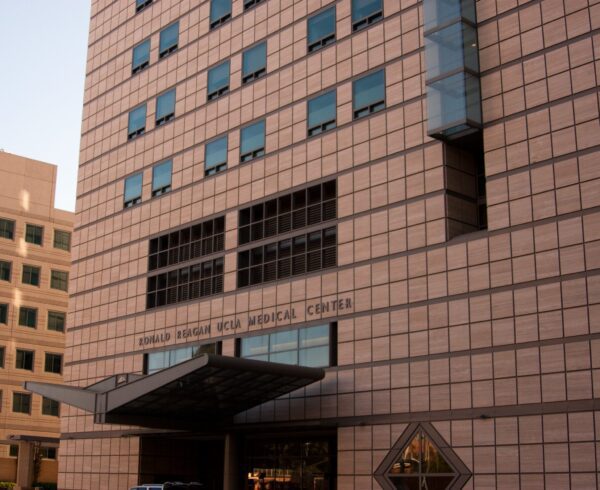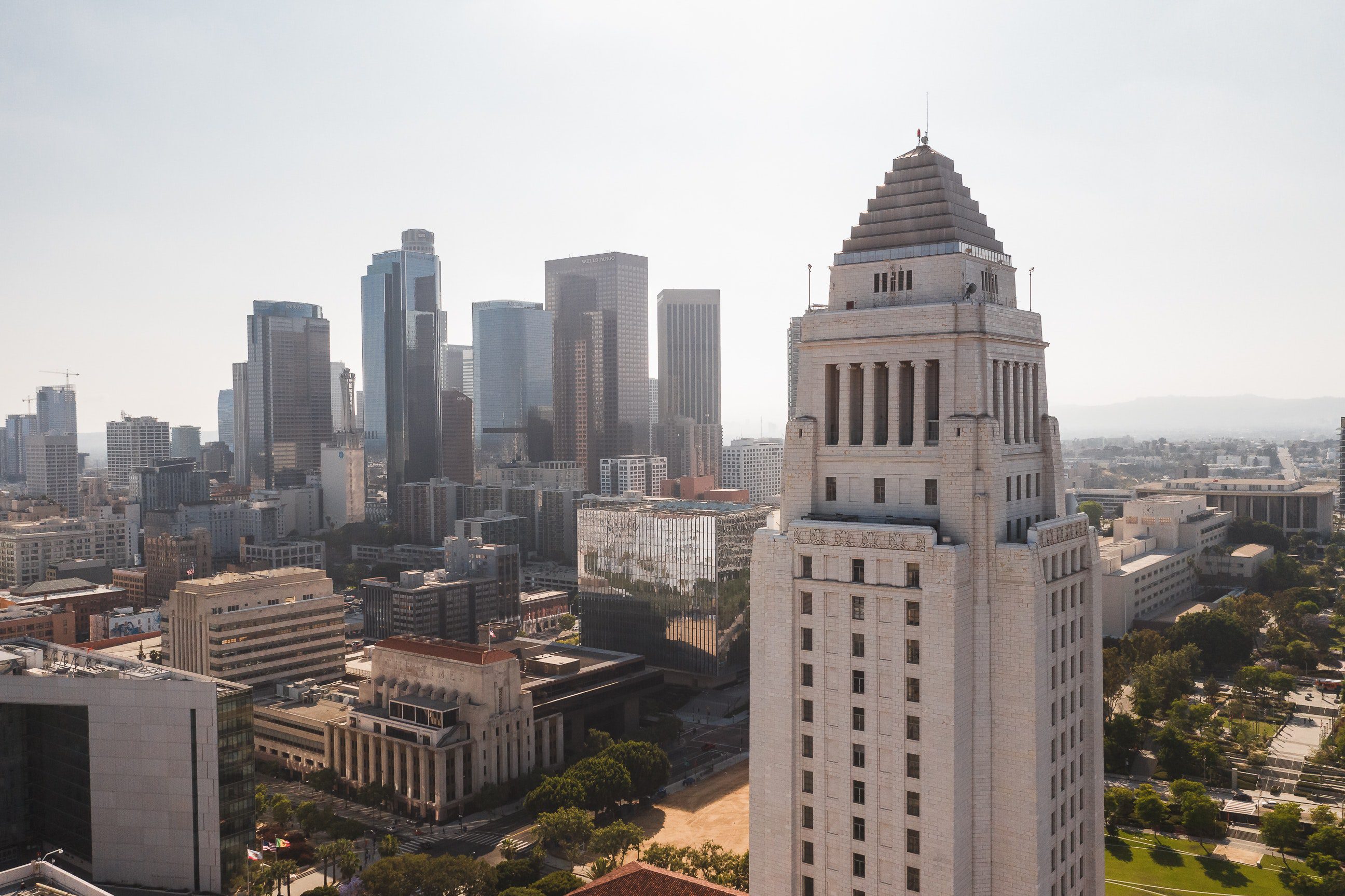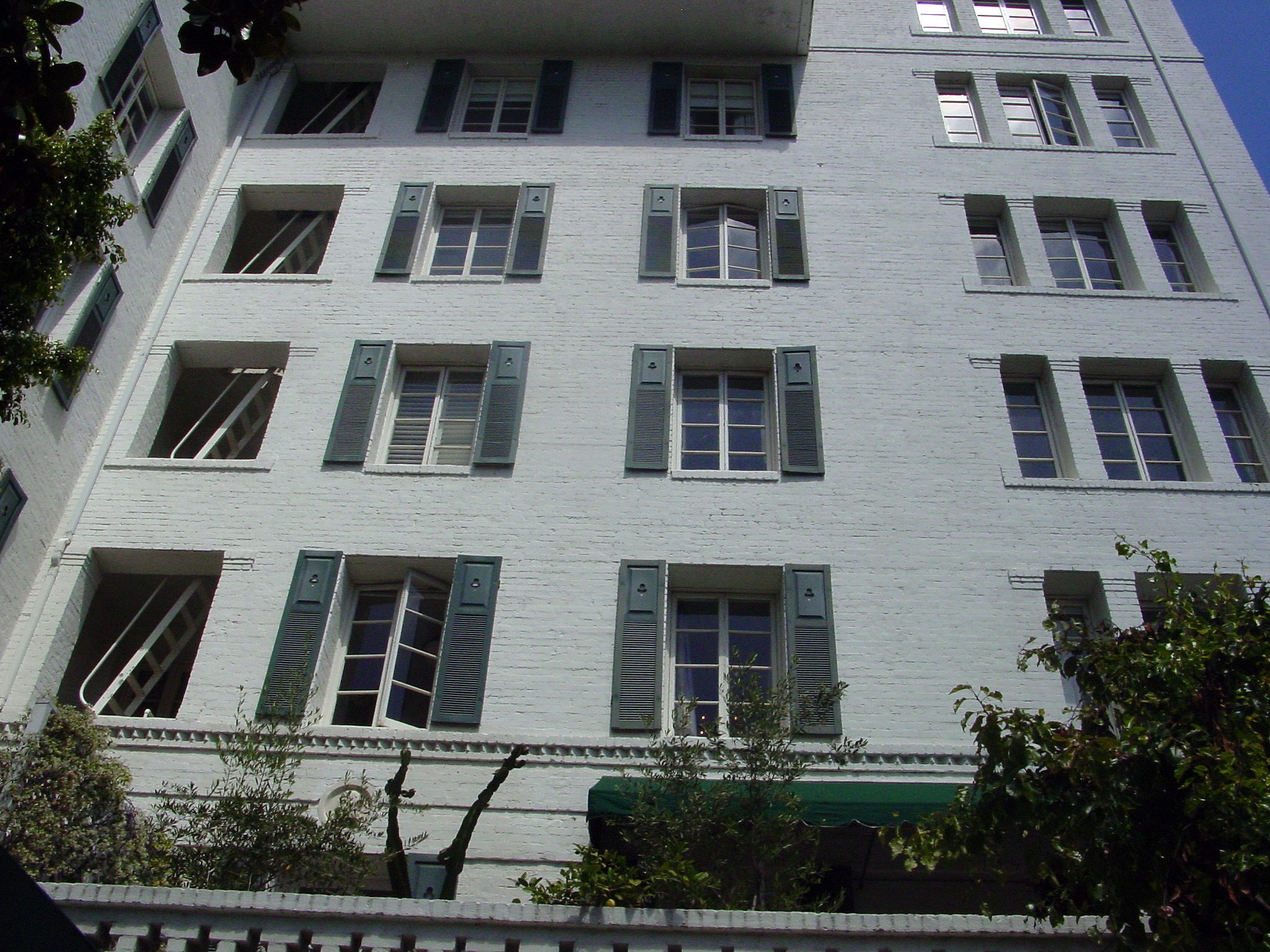Mayor Karen Bass held an event in Venice Friday touting what she described as the early success of a program intended to bring people living in encampments into housing.
Bass appeared along with Councilwoman Traci Park at The Rose Venice, a restaurant near Sunset Avenue and Hampton Drive, sites of a long-standing, large encampment. The Los Angeles Times reported that organizers began offering temporary housing and services to people living in those encampments earlier this week.
The program, called the Inside Safe initiative, has housed 96 people living in encampments in Venice so far. Many were moved to hotels that include the Los Angeles Inn & Suites in South Los Angeles, and Bass said there is funding to support them for a few months.
“We know that the community of Venice has suffered for a long time,” Bass said. The people on the streets have been suffering, and the people who have to live or work near the encampments have been suffering. And so I am happy to say that we were able to move a number of people into housing, and this work is going to continue.
Bass, who declared a state of emergency over homelessness as her official act, said that what is most important is that the community of Venice can “reclaim those streets.”
The program will work to identify the “highest need encampments” that have a chronic and high demand for services, according to an executive directive signed by Bass last month. Using citywide coordination between various departments and agencies, the action plan calls for identifying interim housing and eventually permanent housing resources for each person living in the encampments.
“We don’t want to hide them,” Bass said. “We don’t want to just send them from one neighborhood to another neighborhood. We want to get them housed immediately, and we want to provide them the services that they need.”
The program initially began in Hollywood at encampments near Cahuenga and the Hollywood (101) Freeway.
The mayor, who pledged to bring 17,000 people living on the streets inside in her first year in office, said she doesn’t yet how many people will be housed through Inside Safe.
“We can’t answer that because we don’t know how many people are in the tents,” Bass said.
Some advocates have been skeptical of the mayor’s plan, fearing it could lead to encampments being cleared against the wishes of their residents. Bass has denied that the program would serve a punitive strategy, noting a focus on housing and services.
“I believe that we can do this without arrests, without law enforcement,” Bass said.
The city has worked to identify motels that could provide temporary housing to those living in encampments, according to officials. Also under consideration are master leasing buildings and utilizing shared housing.
Bass said that she was considering purchasing or master leasing the Grand Hotel, which was used as an interim housing site for the Project Roomkey program. Residents who lived in the hotel during the pandemic have been relocated out of the hotel as the program has wound down.
The emergency declaration — which is scheduled to last six months — allows Bass to take more aggressive executive actions to confront the homelessness crisis, though the City Council will have to sign off on it every 30 days.
“To have gotten so many people — who need to be off the streets and into locations where they are safe and getting connected to services — is a tremendous win for me and the mayor,” Park told KCAL on Thursday.
Also at Friday’s event was Susan Rice, domestic policy adviser in the Biden administration and former U.S. Ambassador to the United Nations. Bass said her presence was an indication of her effort to bring together different branches of government to combat homelessness.
“We have the city, we have the county, we have the state and we have the federal government,” Bass said.
Bass said that if President Joe Biden wants to take steps toward his goal of reducing homelessness in the country by 25% by 2025, he should look at Los Angeles.
“If the goal is to reduce homelessness by 25% in the United States, the place to begin is the epicenter, which is Los Angeles, California,” Bass said.

